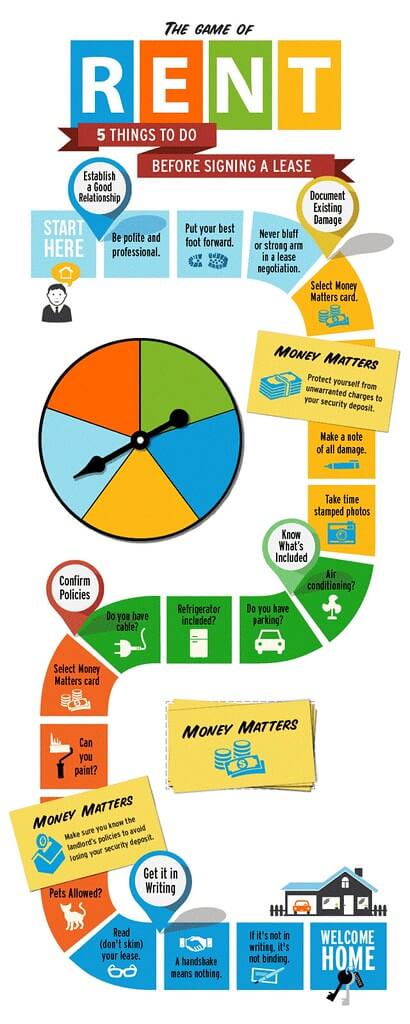
The new rent laws that went into affect in June 2019 have been overhauled to protect tenants. Landlords and management companies are scrambling to be law abiding and stay profitable. As with any new system, there’s a learning curve. Landlord feedback is that the laws skew too highly in favor of tenants. How pushback will alter these policies remains to be seen. Whether you’re a rent stabilized or market rate tenant, read on to see what these changes are and how they will impact you.
Rent Stabilized Tenants
In New York City) there are approximately one million rent stabilized apartments. Rent-stabilized apartments occupy buildings that were constructed before 1974 and have more than six units; they usually lease for less than $2,700/month. The perks of rent-stabilized apartments include limits on how much your landlord can increase your rent each year and a guaranteed right to renew your lease. Newer buildings that have a 421-a tax exemption may also contain rent-stabilized units. These newer rent-stabilized apartments also have the same rent limits and renewal guarantees as the older rent stabilized buildings. The Rent Guidelines Board will continue to determine yearly increases on all rent-stabilized units
The new rent laws should assuage any fears that many rent-stabilized tenants had that they will be evicted. The rules that benefited landlords no longer serve. These include the following:
- Vacancy decontrol: When the legal rent for a rent-stabilized apartment reached a certain rate, currently $2,774 per month, it could revert to market-rate if there is a vacancy. This has ended.
- The vacancy bonus: Landlords for rent-stabilized apartments increased rents by as much as 20 percent after tenants vacated. The new rules would prevent that.
- Rent hikes based on building improvements: Landlords raised rents in regulated apartments by up to 6 percent per year if they made improvements that “directly or indirectly” benefited all tenants, such as a new boiler. That increase would now be capped at 2 percent per year. Rent hikes that landlords made if they renovated or improved individual apartments are also limited.
- Misuse of “preferential” rents: Landlords of rent-stabilized apartments can offer units to tenants for a price lower than the legal regulated rent. But they can no longer raise the rent to the legally mandated limit when a lease is renewed.
- High-income deregulation: If a tenant in a rent-stabilized unit earned over $200,000 a year in two consecutive years, the landlord could deregulate the unit. That is no longer allowed.
- The “owner-use” loophole: Landlords and their family members have been able to remove rent-stabilized tenants from multiple units claiming those apartments for their personal use. Now, landlords will only be able to claim “owner use” for one apartment for use as their primary residence.

Market Rate Tenants
The new rent law protections apply to all New Yorkers renting apartments:
- Application/credit check fees are capped at $20.00 per applicant.
- At lease signing, landlords can now only collect first month’s rent and a security deposit limited to one month’s rent. Paying a year’s rent upfront and several months security is no longer allowed.
- Renters will not have to wait indefinitely or fight to get back their security deposits. After a walk through to determine if there are any damages deductions, landlords and management companies are required to return a security deposit within two weeks of move out.
- The tenant blacklist evolved when landlords filed complaints against tenants for non-payment of rent or alleged unlawful behavior at the New York City Housing Courts. This list has been used to vet potential tenants for years. While there are tenants who earned a place on the list, others are there unfairly as their refusal to pay rent signaled inhabitable living conditions. This list can no longer be considered to qualify tenants.
- Tenants will no longer be subject to unlawful evictions such as when a landlord illegally locks out or uses force to evict a tenant. These criminal tactics are now considered a misdemeanor punishable by a civil penalty of between $1,000 and $10,000 per violation.
- Landlords must provide at least 30 days notice to tenants if they intend to increase the rent by more than 5 percent or are not going to renew the lease.
Landlords Response
- As upfront payment is no longer accepted, tenants will be more reliant on personal guarantors or a guarantor service such as Insurent.
As a tenant cannot be rejected due to a housing court delinquency (tenant blacklist) the landlord may still rely on the credit report as a screening tool which can be grounds for a denied application. - Rental concessions will no longer be amortized as the amortization can be considered a preferential rent. For example, if an apartment’s rent is $6,000 a month with one month’s free rent – that may be listed as the net effective rent of $5,538.46. Previously, in some cases, tenants could have the option of paying the amortized net effective amount for 13 months, instead of taking the free month and then be subject to an increase at the full rent. Now landlords must use the preferential rent as a basis for their increases so landlords are now only giving the free month as the concession instead of having tenants pay the amortized amount.
- As application fees have been reduced, those reductions will not be reflected in market rate rents.
- Smaller landlords who are subject to rent increase limits will be less incentivized to invest in building renovations and repairs.
The Takeaway
After navigating murky rental waters tenants may be assured that their right to safe and habitable housing will be met due to these new rent law procedures. Rent stabilized tenants will be able to remain in their homes without fear of astronomical rent increases or eviction. Market rate tenants will not be subject to prohibitive application fees or being unfairly targeted as a result of the tenant blacklist.
The new laws will require adjusting as landlords have expressed that the laws provide them so little leeway. There also needs to be time to allow best practices to be put in effect.
Be Heard at Go Home NY
Be heard! Leave your apartment, condo, and coop building reviews at Go Home NY! Know a building's managers are awful? Have the inside line on a perfect building? Anything in between? Express your voice and be heard. Leave a review at Go Home NY.


